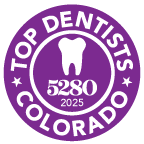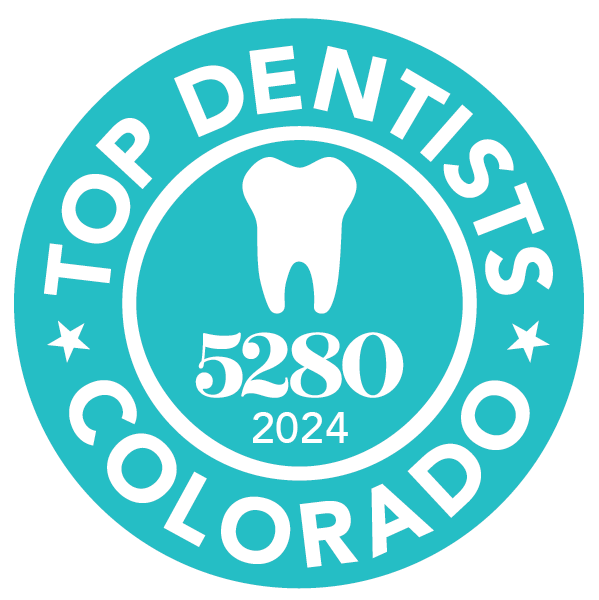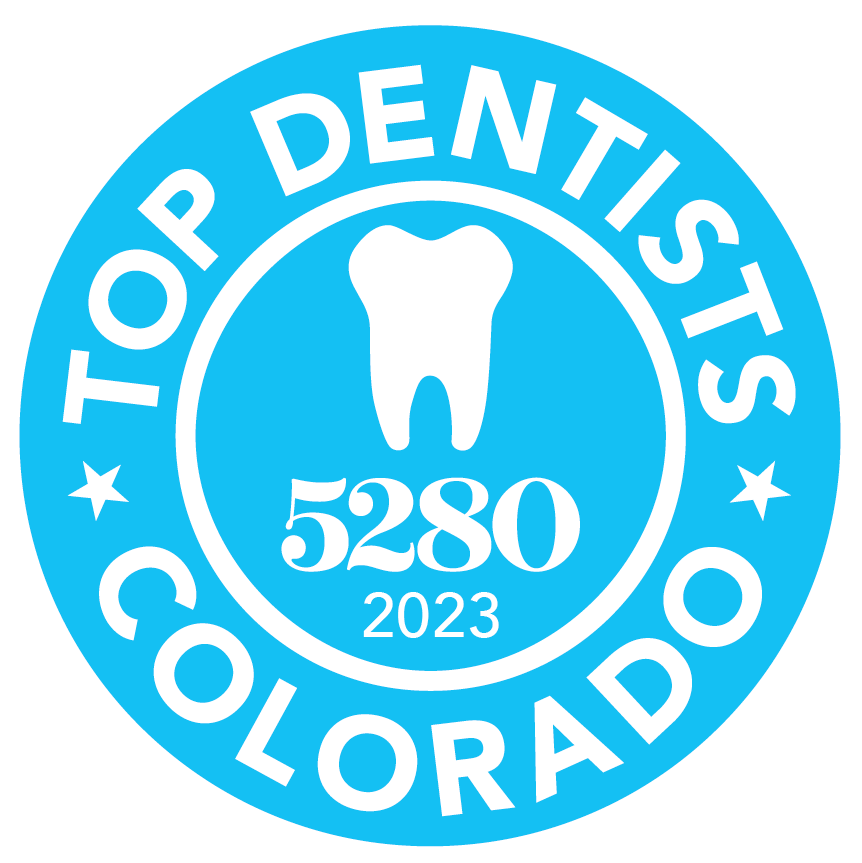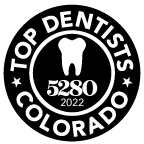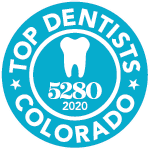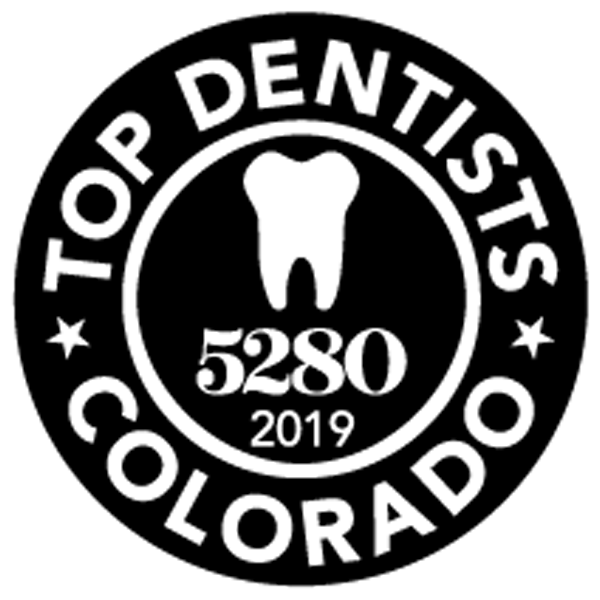A dental crown is a very common dental restoration. A crown helps to restore the functionality, size, shape, and look of a tooth that has been damaged or is misshapen. Dental crowns are also used to protect teeth after having a root canal performed, and can also be used to close gaps between teeth.
What To Do If Your Dental Crown Falls Out Or Breaks
Occasionally, a dental crown may fall out or become broken. The first thing you should do in this situation is to assess the severity. Broken crowns are not usually considered dental emergencies, but if you’re in a lot of pain, your dentist can probably fit you in sooner.
Additionally, if you’re feeling a lot of pain, it’s a good idea to try to slip the crown back over the tooth. Make sure that the inside of the crown is thoroughly clean and disinfected and then use a dental adhesive or tooth cement to keep it on the tooth. These can be found in the dental section of your local drug store. This is just a temporary measure until you can get an appointment with your general dentist.
How Your Dentist Fixes A Broken Crown
If the crown is in your possession, it will be cleaned and examined. The tooth will also be inspected to make sure the core is structurally sound and no dental cavities have formed. If the exam and X-Rays show that the crown still fits and protects the tooth, the crown may be re-cemented back onto the tooth.
However, if the crown is lost or no longer intact, the tooth will be prepared for a temporary crown and a permanent one will be created. In some cases, the tooth may be too damaged to have another crown placed, which means that extraction and restoration will need to be considered.
Caring For Your Dental Crowns
There are a few things you can do to improve the odds of your crowns lasting for years to come. These things include:
- Maintaining good oral hygiene by brushing at least twice a day for two minutes at a time with fluoride toothpaste, flossing every day, and making sure to visit your general dentist every six months for a dental cleaning and a checkup. During these visits, your dental crowns and other restorations will be checked.
- Use anti-bacterial and fluoride mouthwash to facilitate plaque removal. Don’t use this mouthwash as a substitute for the above oral hygiene techniques, but in conjunction with them.
- Lastly, avoid causing any damage to the dental crowns. This means no chewing on hard or sticky foods, wearing a mouth guard during sports, and a night guard when you sleep, especially if you suffer from nighttime clenching and grinding of the teeth.
If you’ve lost or broken a dental crown and the tooth underneath has become damaged, it may be time to consider a dental implant. For more information about dental implants, please contact Littleton Implants & Periodontics here in Littleton, Colorado.
